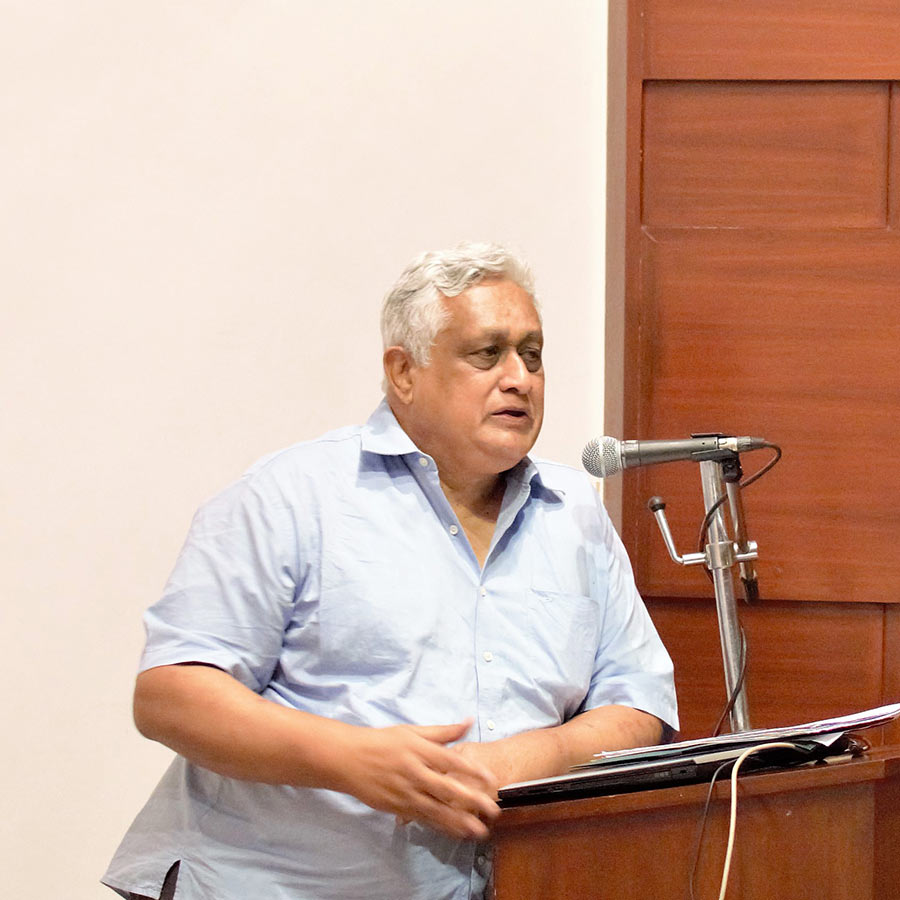Baha’i teachings encapsulate a profound philosophy that celebrates the richness of human diversity while simultaneously advocating for unity. The dual principles of transcending differences and treasuring diversity are not merely abstract ideals but are embedded within the teaching’s framework, offering an integrative perspective on social cohesion, spiritual development, and intercultural relationships.
At the core of Baha’i thought lies the acknowledgment that humanity is a singular entity, intricately linked and interdependent. This fundamental belief prompts adherents to transcend differences, whether they arise from race, religion, nationality, or gender. The teachings emphasize that these differences, while non-negligible, should not impede harmonious coexistence. Instead, they serve as a canvas upon which the beauty of unity can be painted.
The Baha’i Faith posits that diversity is a source of strength. It enhances individual and collective experiences, broadens perspectives, and enriches human interactions. This perspective urges believers to embrace, rather than shun, the myriad cultural narratives that exist. It is vital to recognize that within these diverse narratives lies the potential for a shared understanding that fosters empathy and mutual respect.
In promoting the transcending of differences, Baha’i teachings advocate for the dismantling of prejudices that often act as barriers between individuals and communities. Prejudice in its many forms creates divisions that inhibit social progress and personal development. Baha’is are encouraged to engage in self-reflection, examining their own biases and assumptions, paving the way towards a more equitable and just society.
Moreover, the Baha’i community engages in various activities that facilitate intercultural dialogue and promote peace. Such endeavors serve as a testament to the commitment to transcend divisions and foster collaborative effort. Initiatives might include interfaith gatherings, cultural festivals, and educational programs designed to showcase the beauty of diversity while illuminating commonalities. It is through these tangible efforts that the concept of unity in diversity is brought to life, transforming theoretical frameworks into actionable realities.
A critical aspect of treasuring diversity within the Baha’i framework involves the exploration of cultural heritage. Unlike approaches that marginalize minority cultures in favor of a homogenized global identity, Baha’i teachings celebrate the distinct contributions of each culture. This celebration takes on numerous forms, from the arts and literature to traditions and rituals, underscoring the importance of preserving these expressions of human creativity and spirit.
Baha’i teachings also delve into the epistemological implications of diversity. The multiplicity of perspectives enriches human understanding and facilitates a more comprehensive grasp of truth. The belief that different cultures possess unique insights encourages a collaborative pursuit of knowledge. This collaboration can bridge gaps between scientific inquiry and spiritual exploration, paving the way for a holistic approach to understanding the complexities of existence.
Furthermore, the Baha’i perspective on education reflects a commitment to diversity. It advocates for educational systems that are inclusive, equipping individuals with the skills necessary to navigate an increasingly interconnected world. Learning environments that cultivate respect for diverse viewpoints can engender critical thinking, creativity, and moral discernment – attributes essential for the stewards of tomorrow.
In examining the Baha’i approach to social change, one sees a clear alignment between its ideals and the theoretical frameworks of social justice. The principles of equality and unity are paramount in the quest for lasting societal transformation. Efforts to address systemic inequities are grounded in the belief that true progress can only occur when individuals and communities come together, transcending differences that have historically been exploited to create division.
In addition to these broader implications, the Baha’i teachings provide a spiritual lens through which to appreciate diversity. Each individual is seen as a reflection of the divine. This perspective fosters a sense of reverence for the uniqueness of every person. In cultivating love and kindness towards others, Baha’is are reminded that such behaviors are essential for building a society grounded in mutual respect and understanding.
Importantly, the lifelong journey of transcending differences is echoed in the tenet of service to humanity. Baha’is are called to undertake social and humanitarian projects that support marginalized populations. Such service acts not only as a mechanism for fostering unity but also as a means of recognizing and treasuring the diverse fabric of societal structures.
Ultimately, the interplay of transcending differences and treasuring diversity within Baha’i teachings presents a compelling framework for building a more inclusive world. By championing these values, individuals can contribute to the elevation of society as a whole. Embracing diversity, rather than fearing it, is not just an ethical imperative; it is a catalyst for enriching human experience and collective growth.
In conclusion, the Baha’i approach to transcending differences and treasuring diversity offers invaluable insights for addressing contemporary challenges. Through principled action and respectful dialogue, individuals can engage in the transformative work of building connections across divides, fostering a world that honors both unity and individuality. The Baha’i teachings serve as a guidepost, illuminating the path toward a harmonious global community, where the beauty of diversity is celebrated as a divine gift.
